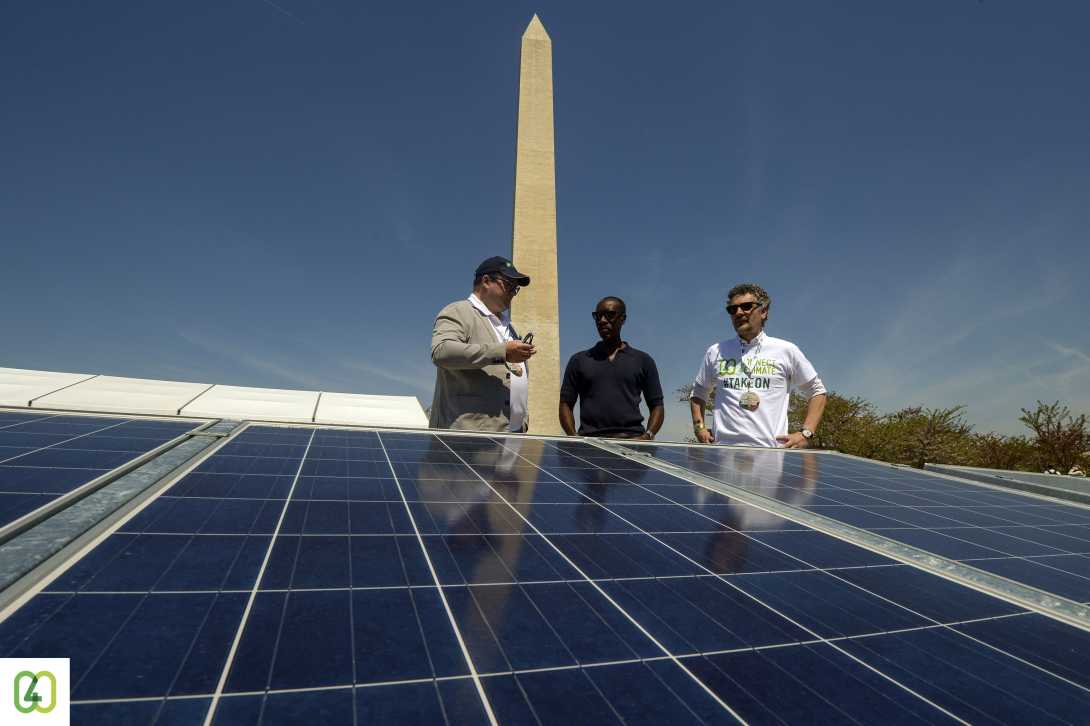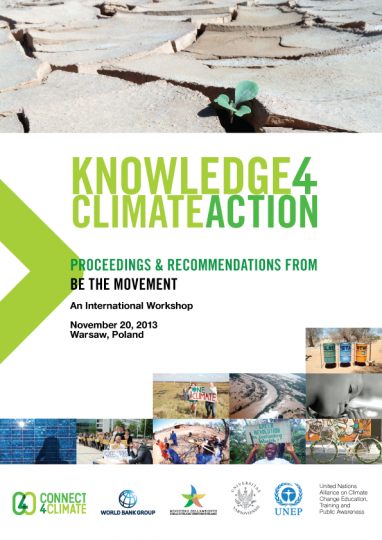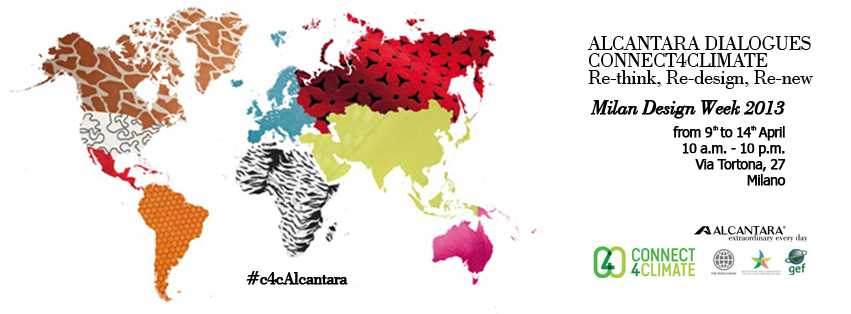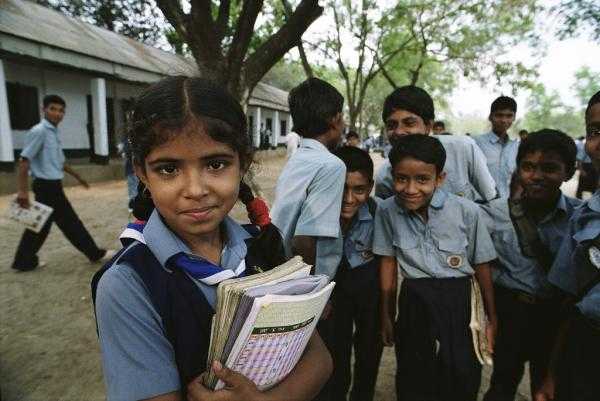
What difference can one group, one company, or one individual make in the massive battle to stop our climate from changing? Brilliant ideas and solutions come from every corner of the planet, and work in ways that will surprise and amaze you.
<p>Building Energy used solar energy to power the National Mall in Washington D.C for the first time in its history, thanks to its partnership with Connect4Climate. Building Energy, an Italian independent power producer from renewable sources, took part in the Global Citizen 2015 Earth Day, and significantly contributed to the reduction of the event’s CO2 emissions.</p>
<p>[video:https://vimeo.com/133995957]</p>






